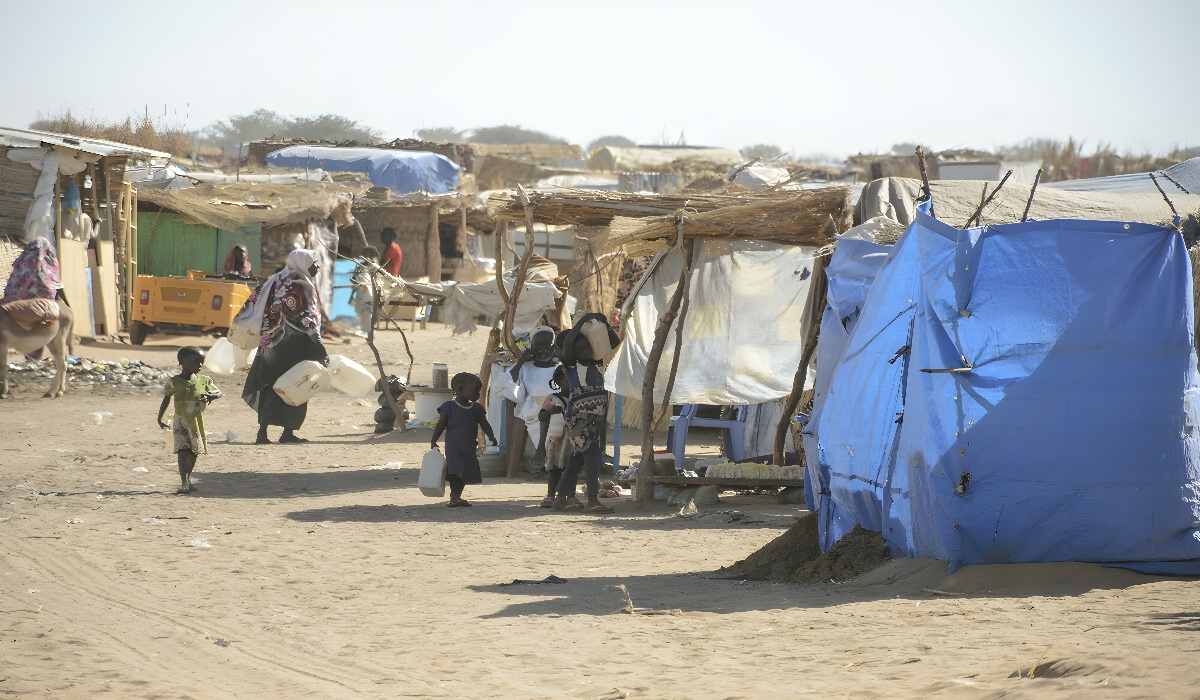Image Credit, NRC
The war in Sudan has spiraled into a humanitarian crisis of unprecedented proportions, displacing over 10.7 million people within the country and across its borders. Chad, one of Sudan’s neighbors, has become the unfortunate recipient of a mass exodus, with nearly 700,000 Sudanese refugees streaming across the border in the past year alone.
These refugees arrive with harrowing tales of violence and atrocities, having escaped targeted attacks and ethnic cleansing in Sudan’s western Darfur region. They arrive in Chad desperate for basic necessities like food, water, and shelter, placing an immense strain on the already impoverished nation.
The scale of the displacement dwarfs even the peak of the 2003 Darfur war. Chad, grappling with its own challenges of poverty and hunger, now hosts a staggering 38% of Sudan’s refugees, the highest number among any neighboring country. This influx has pushed its resources to the brink, particularly in the border town of Adré, where the refugee population has more than doubled, eclipsing the size of the local community.
Women and children are bearing the brunt of this suffering. According to the Norwegian Refugee Council, a staggering 88% of refugees are women and children, with 75% under the age of 26 and half under 12. These vulnerable groups are especially susceptible to exploitation and abuse, their education and future prospects hanging precariously in the balance amidst the chaos.
Despite the gravity of the situation, the international response has been deemed inadequate by aid agencies and humanitarian organizations. Jan Egeland, head of the Norwegian Refugee Council, decries the lack of global attention compared to previous conflicts in Darfur. He highlights the desperate conditions faced by refugees in Chad, who are forced to live in makeshift shelters with limited access to basic necessities.
The looming threat of a humanitarian catastrophe demands immediate action from the international community. Urgent humanitarian aid is crucial to alleviate the suffering of the displaced millions, providing them with food, water, shelter, and healthcare. Equally important are diplomatic efforts to bring an end to the conflict in Sudan, the root cause of this mass displacement. Without a concerted global response, the human cost of this crisis risks escalating into an even greater tragedy.
The international community must act swiftly and decisively to address this dire situation. The lives of millions of innocent people hang in the balance, and their future depends on the willingness of the world to step up and provide the support they desperately need.









